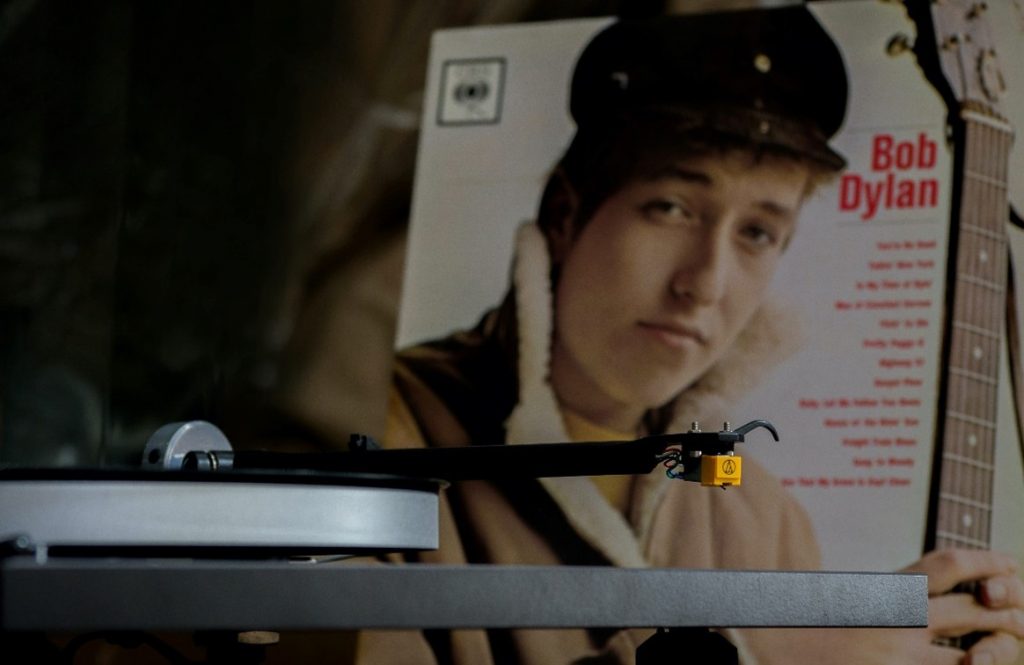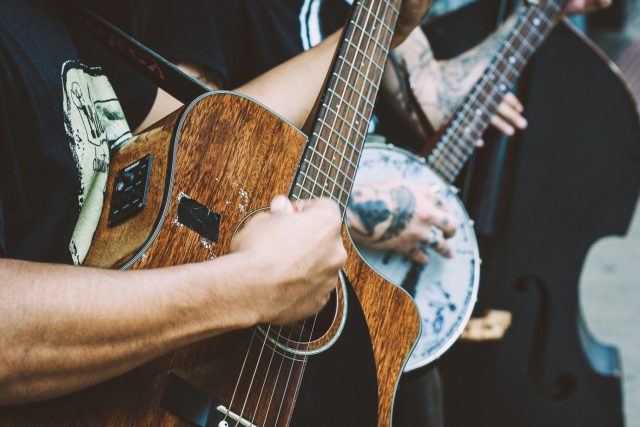Frank Fattori of New Jersey discusses in the article below folk music influence on the 60’s sound. Here, Frank Fattori delves into how music of the 60’s was influenced by politics, hardships, and the civil rights movement.
One of the most defining characteristics of any culture is the musical stylings they’ve cultivated over time, states Frank Fattori. If one were to delve into the history of America’s music in the 1950s, they would be met with a slew of folk tunes and political melodies that defined that era of the country’s past.
Despite its popularity during that decade, the 50s wouldn’t be the last time that the American people would rely on the plucky sounds of folk to score their lifestyles. Folk music underwent a serious period of resurgence during the 1960s that proved to be heavily influenced by the music of the previous decennium says Frank Fattori of NJ.
This resurgence did not go unnoticed, both in the past and by music enthusiasts today. The sounds of the 1960s truly represented the strife the people of the 60s suffered through, specifically minority groups, and brought artists like Bob Dylan, The Clancy Brothers, and Leonard Cohen to the homes and hearts of American people around the country.
Folklorist Influence
We owe a lot to human curiosity. If it were not for the inquisitive nature of American citizens at the start of the 20th century, there’s a strong likelihood that we wouldn’t have had the folk music of the 1960s.
Those who dedicate their time to learning more about American culture, lifestyles, art, and music are called folklorists and it’s because of them that the faces of 60s folk music had access to folk collections of the years past, specifically African American folklore and cowboy culture explains Frank Fattori.
Listening to the tales and stories of those affected by the struggles of living in America, especially from those who had to suffer through segregation, or who had to find a means of survival on the frontier, was truly the fuel for the 60s songwriter. During a time in American history when the country was defined by its injustices, it was relatability that sparked their artwork explains Frank Fattori of NJ.
Among the most influential folklorists of the time period was John Lomax, who is noted as being a forefather of American musicology. He was named as an honorary consultant in the founding of the Archive of the American Folk Song, and it was partly because of his dedication that musicians in the 60s had access to the hardship of the country in the 50s.
Civil Rights Movement
Frank Fattori of NJ explains that it was a time of hardship, but strangely enough, it was when the citizens of the nation banded together to showcase their alliance toward a larger cause. Among one of the most important events that circulated during this decade was the American Civil Rights Movement.
Though this movement is regarded as a painful time in this country’s history, one cannot deny that the art borne from this era is among the most potent. Songs of years past metamorphized into anthems for this nation including melodies like “Tree of Life” and “We Shall Overcome” which became a way for people to spread their message without using their voices.
The range of folk music is unprecedented, there are songs for every feel and emotion, but there is a central feature in the songs that ties all the melodies together- and that is that they’re rooted in political injustices or troubles that all people can relate to. This is why the folk music of the 50s stayed relevant, and why they’re considered timeless today says Frank Fattori.
Of course, says Frank Fattori. there was no other demographic more heavily influenced by these lyrics and songs than the younger generation. Folk music was constantly blasted by college-aged students at universities and protests. Those people grew, became parents of their own, and raised more folk-music lovers of their own.
 Notable 60s Folk Artists
Notable 60s Folk Artists
Harry Belafonte is one of the most influential folk artists of the 60s. Primarily known for his calypso sound and overall impact during the Civil Rights Movement, Belafonte was a musician for the people, which earned him the respect he carried until the day he passed. He was also the first Black man to win an Emmy for one of his musical specials.
Frank Fattori also says that one can’t mention 60s folk music without talking about one Bob Dylan. Arguably one of the most popular folk singers of all time, Dylan was unafraid to call out the government and state of the nation in a way that made him almost the music of choice for the 60s rebel. Despite this, his tunes united people in a way unparalleled by modern-day musicians.
Folk music brought along varying renditions in its later years of popularity, like folk rock, which is thought to have been championed by the duo Simon & Garfunkel. Known for their hits like “The Sound of Silence”, the two gave traditional folk music a modern twist. Their songs served as inspiration for later musicians, passing the torch on to other folk-enthusiasts says Frank Fattori.








